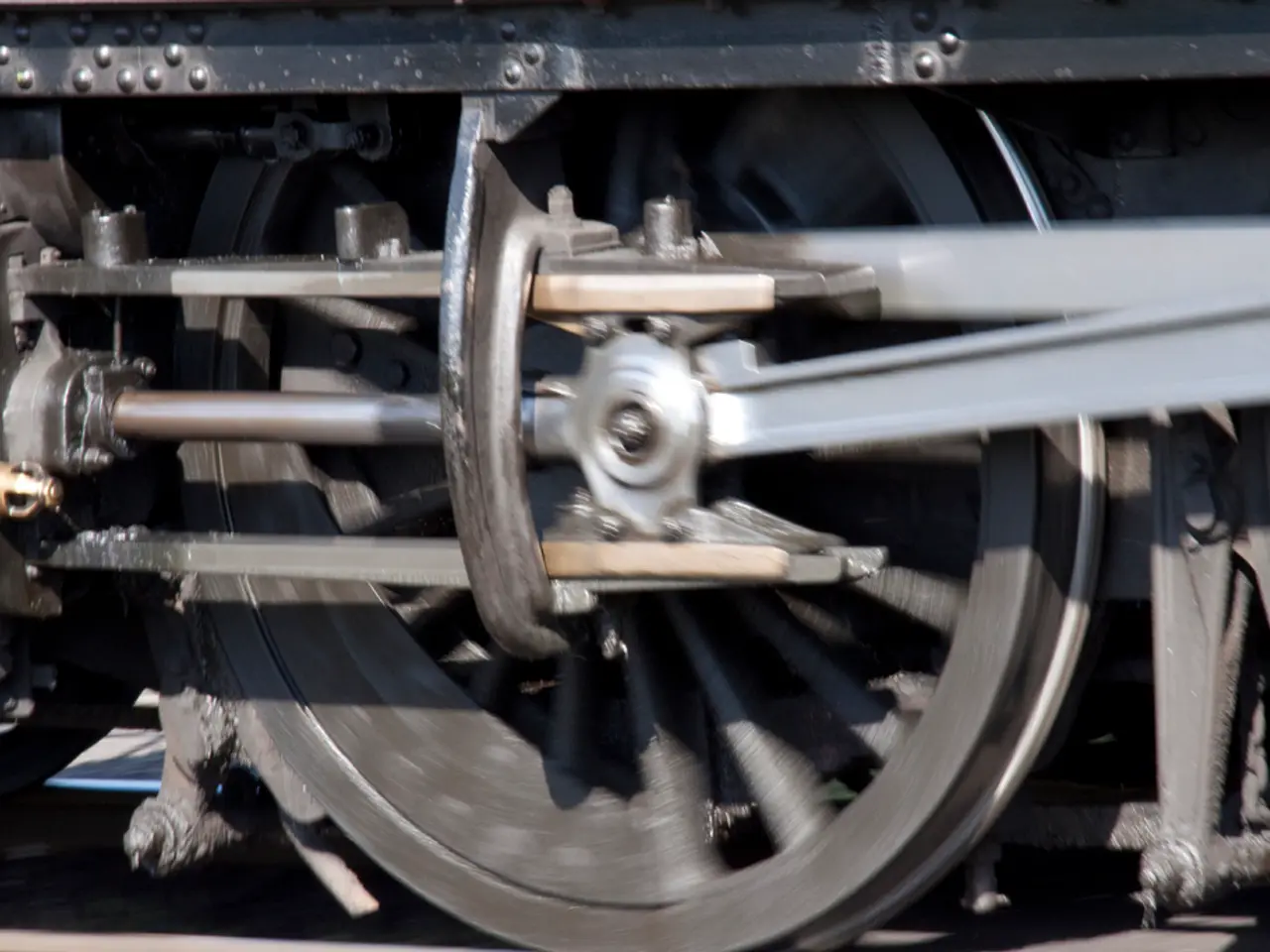AI Shared Value skyrocketed by an astounding 1,000% within the past 2 years. Speculation arises: Is a stock split imminent?
Investing in the stock market can be a rollercoaster ride, especially when the market gets choppy. Palantir Technologies (PLTR), for instance, soared to an all-time high just a month ago but has since plummeted about 30%, mirroring the broader Nasdaq Composite's correction. However, zooming out, the stock is still up an astounding 1,000% over the past two years, even considering the recent dip.
That's no small feat. Wall Street's excitement for artificial intelligence (AI) and Palantir's accelerating growth, leadership in AI software, and long-term potential have fueled the stock's rapid ascent.
Stock splits often grab individual investors' attention because they lower the share price, making it easier to buy or sell shares. But before you get your hopes up about Palantir splitting its stock, here are two key factors to consider.
1. Palantir's stock price remains manageable
One of the primary benefits of stock splits is that they make stocks more accessible, removing any emotional barriers based on share price rather than value. For most investors, lower share prices make it simpler to accumulate shares. Plus, some brokerages offer fractional shares for those who don't have enough cash for a full share.
Even though Palantir's stock has skyrocketed over the past couple of years, it closed Tuesday at $78 — a price point that's not particularly daunting.
2. Share price momentum might work against a split
Investor sentiment is influenced by a stock's price momentum. A stock split could send a positive message when a company's stock is on a tear, signaling: "Things are going great, and we want to make shares more affordable so more investors can join the party." Conversely, splitting when the stock is struggling could send a negative message.
Currently, Palantir is on a slide, with shares falling over 30% over the past few weeks. This trend argues against an impending stock split, but it could reverse course soon or persist, depending on investor reactions to its high valuation.
The great Nvidia, arguably the most successful AI stock over the past two years, peaked at a price-to-sales ratio of 45, making Palantir seem even more expensive by comparison. Palantir's share price could decline by up to 50% if its valuation adjusts to be more inline with other AI stocks.
Should investors expect a stock split?
Stock splits don't change a stock's underlying value. Investors should never buy or sell a stock based on the prospects of a stock split. Stock splits are most likely when a stock has momentum, growth expectations, and a share price that has become challenging for investors. At the moment, Palantir doesn't check all those boxes.
While Palantir has been a major winner, its business is well-positioned to grow in the foreseeable future. Yet its lofty valuation already takes much of that growth into account. Given the recent correction, it's unclear whether management would choose to split the stock.
- Despite Palantir's impressive 1,000% rise in stock price over the past two years, its current share price of $78 remains manageable for many investors, considering some brokerages offer fractional shares.
- The momentum of Palantir's stock price might work against a split, as its recent slide of over 30% in the past few weeks could signal potential worries to investors about its high valuation.
- Comparing Palantir to other successful AI stocks like Nvidia, Palantir's high price-to-sales ratio might lead to a potential decline in its share price by up to 50% if its valuation adjusts to be more inline with other AI stocks.
- Despite the potential for Palantir's growth in the future, its lofty valuation already takes much of that growth into account, making it uncertain whether management would choose to split the stock following the recent correction.



